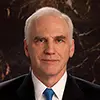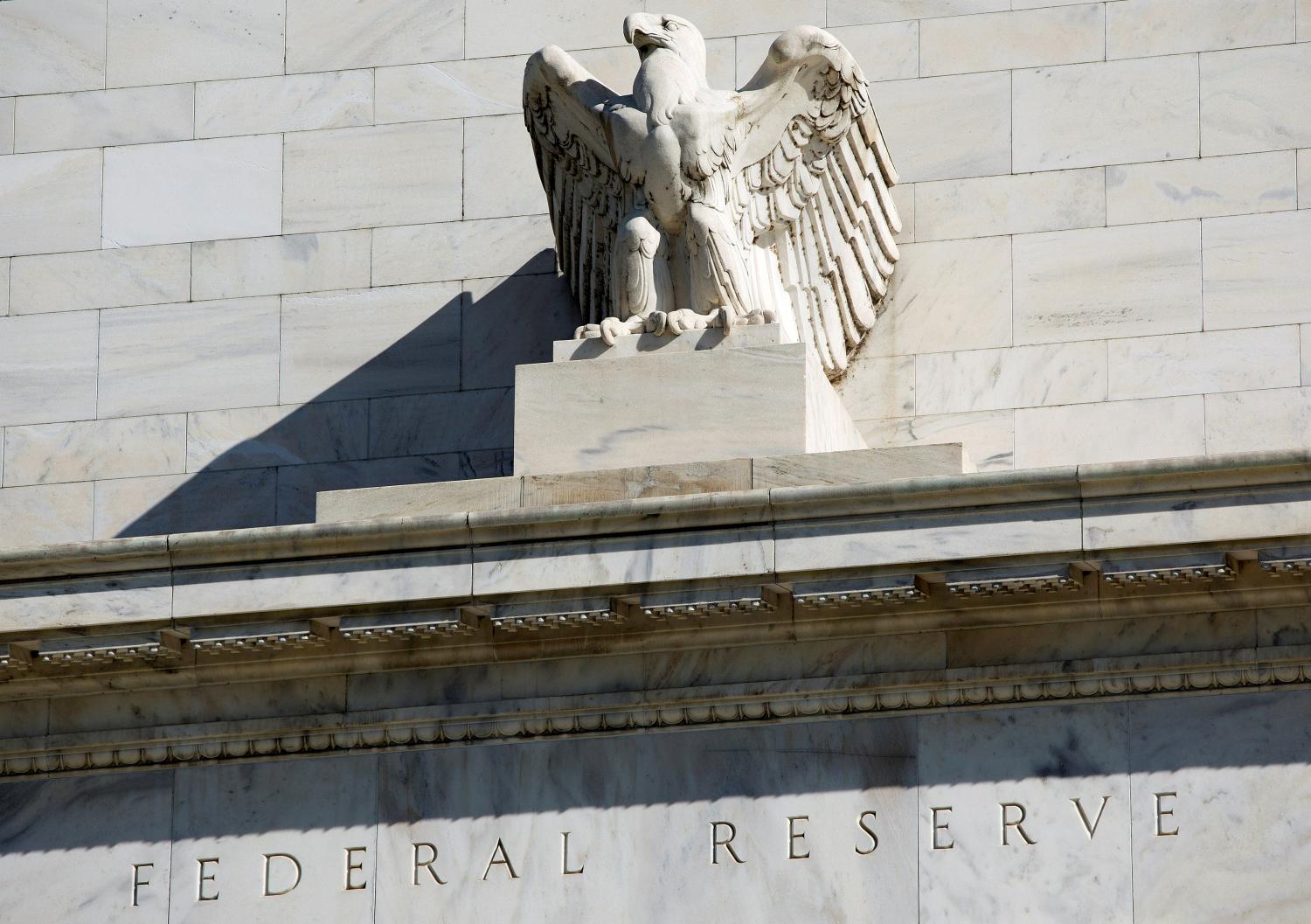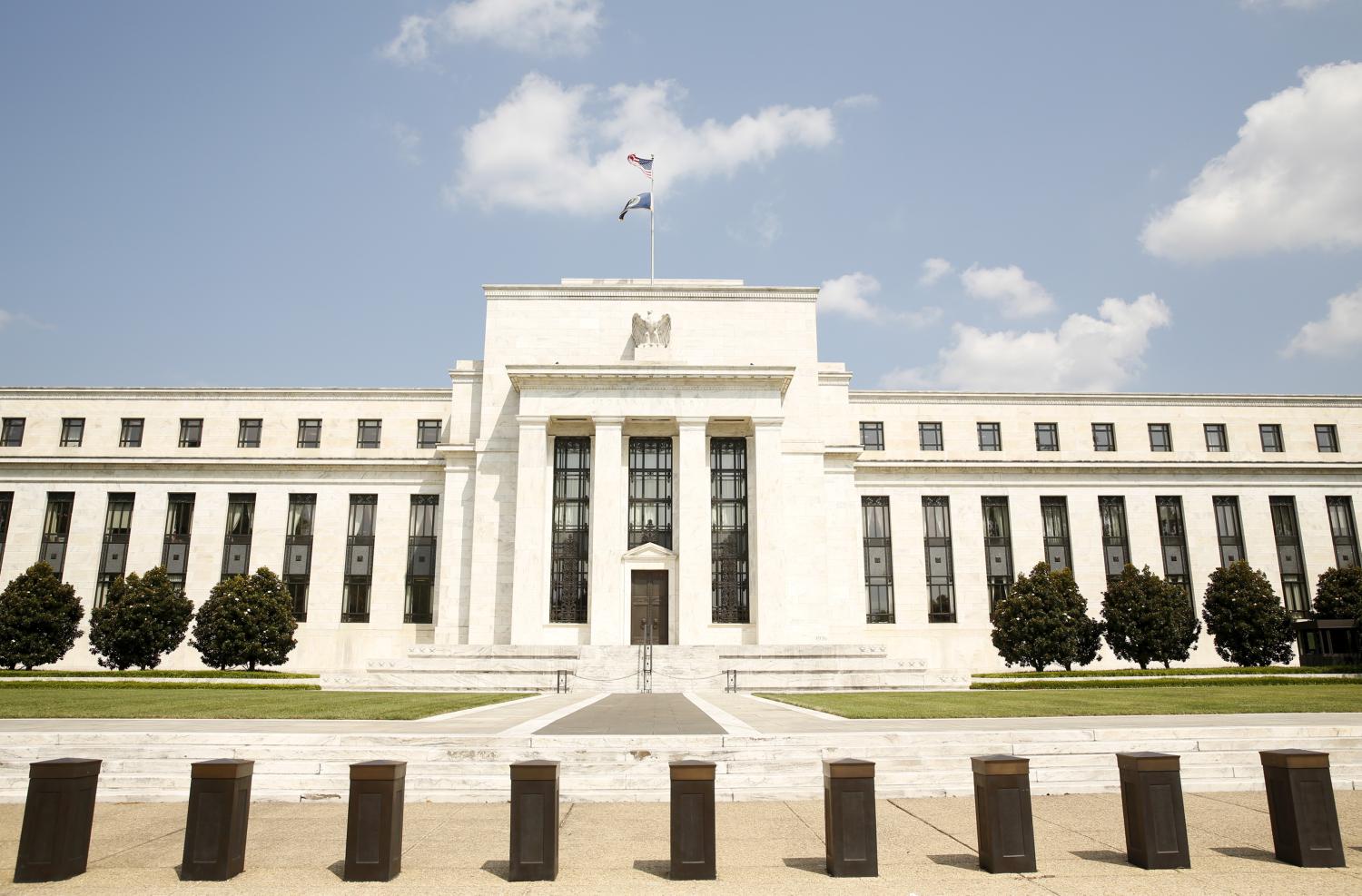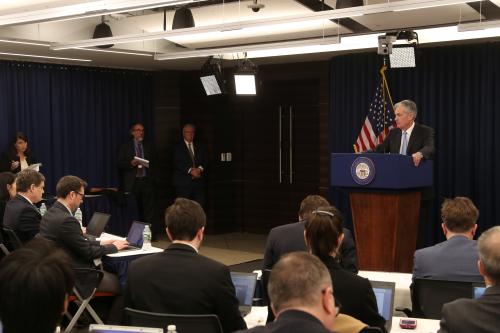Daniel Tarullo discussed his experience at the Federal Reserve at a October 4, 2017 event at Brookings.
My appointment to the Board of Governors of the Federal Reserve in January 2009 came about principally because of my academic work in financial regulation and, to some extent, because of the experience I had as a White House economic policymaker during the Asian Financial Crisis. Although I had picked up some macroeconomics in that and other policymaking jobs over the years, and had worked on labor market issues both in and out of government, I was far from immersed in monetary policy theory or practice.
Needless to say, this relative unfamiliarity was a handicap in the early period of my service on the Fed, particularly since the extra hours I wanted to devote to background reading were at a premium, given the realities of an ongoing financial crisis and my new responsibilities in financial regulation and supervision. But the handicap turned out to be smaller than I might have thought. In part, this was because of then-Chairman Bernanke’s generosity in providing what was in effect a monetary policy tutorial on Saturday mornings, when the two of us were usually at the Board. Another part was because the crisis and ensuing recession had called forth a range of “unconventional” policy responses that meant even monetary policy veterans were travelling through unknown policy regions.
In fact, by the time I left the Fed after more than eight years, I had come to believe that my lack of prior involvement in monetary policy had proven in one respect to be something of an advantage for my participation in FOMC deliberations. Coming fresh to a place where much of the discourse was accepted or assumed by the very smart economists on the FOMC and the Fed staff helped me to see where some of that received wisdom was not holding-up well in the circumstances we were facing. That perspective also led me to see how some well-worn tools or concepts in monetary policy that rely on unobservable variables had perhaps been less useful even before the onset of the financial crisis. The most important of these – which I will discuss at some length later – is the concept of inflation expectations, which has played a central role in mainstream monetary policy thinking and practice.
In this paper, I will explain two conclusions that I drew from my experience. One is a substantive monetary policy point, and the other is more of a sociological observation relevant to the monetary policy-making process. The substantive point is that we do not, at present, have a theory of inflation dynamics that works sufficiently well to be of use for the business of real-time monetary policy-making. The sociological point is that many (though certainly not all) good monetary policymakers who were formally trained as such have an almost instinctual attachment to some of those problematic concepts and hard-to-estimate variables.
To be clear up front: This is not an emperor-has-no-clothes story. My macroeconomist colleagues on the FOMC were hardly impervious to the problems with some of the models, correlations, curves, and laws that are the analytic equipment of monetary policy. Many were themselves asking questions and contributing significantly to efforts to develop new explanations for what we were seeing, rather than just trying to force the data into pre-existing concepts.1 Moreover, of course, much of that analytic equipment, as well as the technical expertise that lies behind it, is both sound and essential for formulating intelligent monetary policy. But at times, the macroeconomists seemed to display an almost paradoxical coincidence of intellectual doubt and continued affirmation of the utility of some unobservables.
In the last section of the paper, I will suggest some implications of my two observations. As to substance – my own sense is that many of the concepts invoked in monetary policy, at least in the present state of knowledge, are more directional indicators in assessing the economy than guides to individual policy decisions. Going forward, monetary policy decisions will need to be made with as much, if not more, emphasis on the constellation of observable indicators with which the FOMC is confronted. As to process – I think my experience argues for a conscious effort to assure some diversity of experience and intellectual background on the FOMC. But it also argues for macroeconomists continuing to play a decidedly leading role.
Read the full paper here.
-
Footnotes
- Indeed, one of the most thorough, recent critiques of central bank analysis of inflation was co-authored by a former senior staff advisor to the Board of Governors. Jon Faust and Eric M. Leeper, “The Myth of Normal: The Bumpy Story of Inflation and Monetary Policy,” in Federal Reserve Bank of Kansas City, Economic Symposium Proceedings 2015, at 263-340, https://www.kansascityfed.org/~/media/files/publicat/sympos/2015/2015faust_leeper.pdf?la=en.
The Brookings Institution is committed to quality, independence, and impact.
We are supported by a diverse array of funders. In line with our values and policies, each Brookings publication represents the sole views of its author(s).





